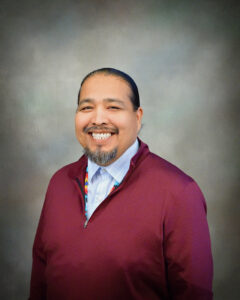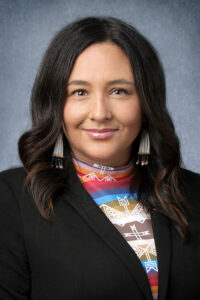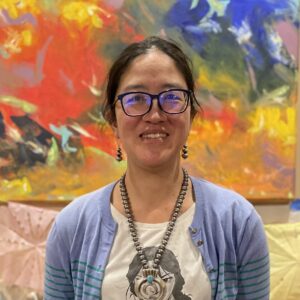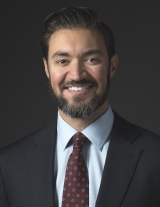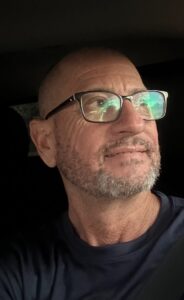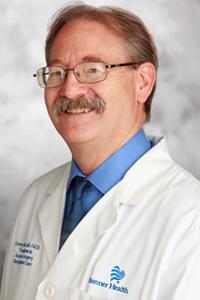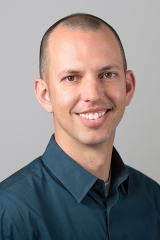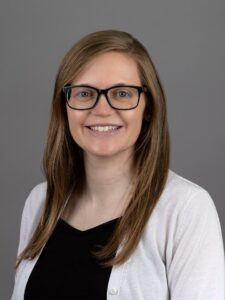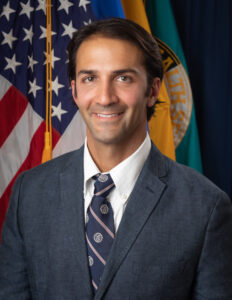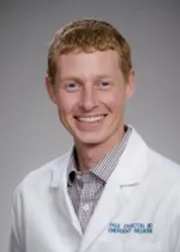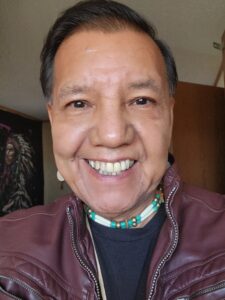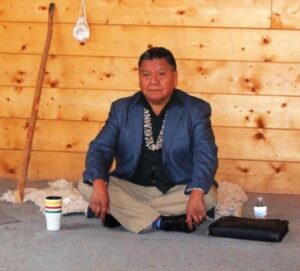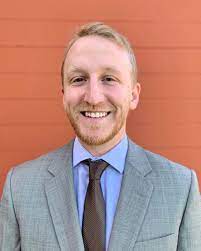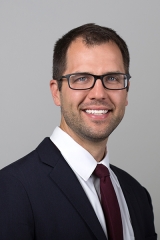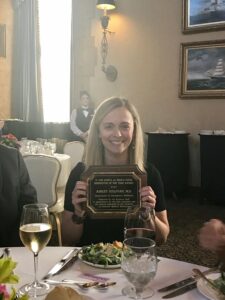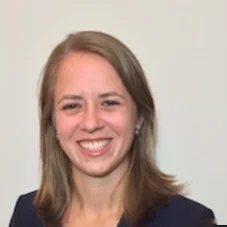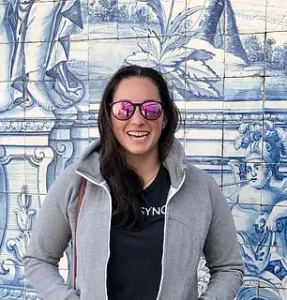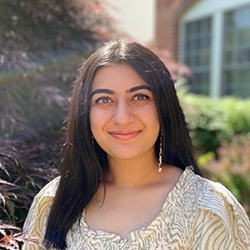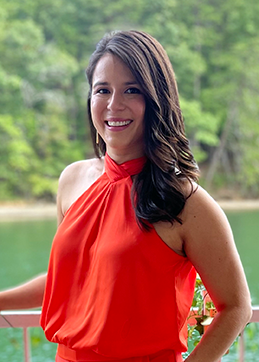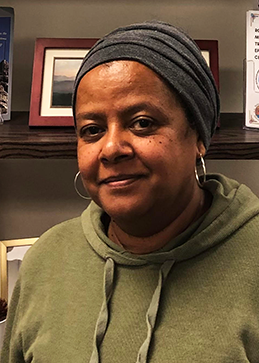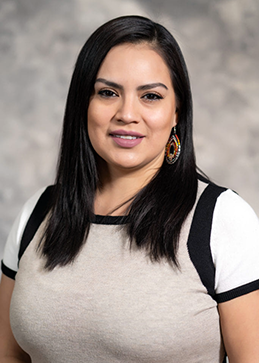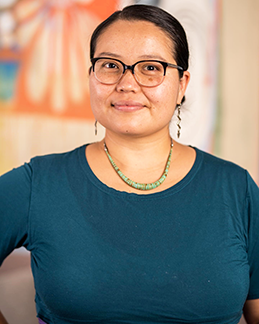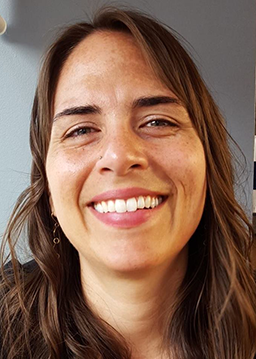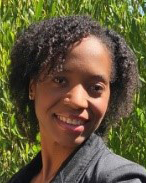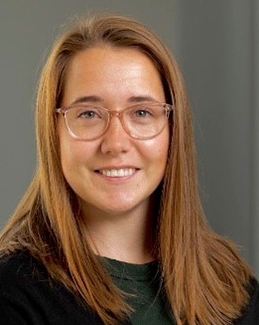Academic Partnerships | September 27, 2023
Date of Presentation: September 27, 2023
Type: Past Presentation Training
Audience: Clinical
Program: Emergency Medicine with Rural and Indigenous Communities/IHS
Keywords: #academic partnerships #ed
In this discussion, a panel of interprofessional faculty provide participants an update on the importance of academic partnerships for improving quality of care as well as health workforce recruitment/retention at IHS and tribal (638) sites. The panel provides several areas of opportunity for increased partnerships with academic groups, including on-site clinical care, specialty coverage either at larger facilities or regionally, participation in Project ECHO educational sessions and other modalities for continuous learning for IHS/638 employees, resident rotations at IHS/tribal sites, rural rotations for medical and nursing students, exchange programs to allow IHS/tribal employees to spend time at academic sites to advance their knowledge/skills, incorporating social determinants of health into healthcare provider training, and the importance of creating pathway programs — starting as early as grade school — to encourage youth to consider pursuing careers in healthcare.
Recording:
Presented by:
Maggie Grandon, MS | Reno Charette (Crow and Turtle Mountain Chippewa) | Valerie Dobiesz, MD | Matt Tobey, MD | Brendan Carr, MD | Cpt. Jon Schuchart | Margaret Greenwood-Ericksen, MD, MSc | Emily Bartlett, MD
Maggie Grandon, holds a Master of Science degree in Health Education and Promotion and a bachelor’s degree in Kinesiology with a concentration in exercise science and leadership. She has also completed her 200-hour yoga teacher training and is a certificated personal trainer. Maggie currently serves as the Health Initiatives Coordinator for the American Indian Higher Education Consortium (AIHEC). AIHEC is the unifying body for the nation’s 37 tribal colleges and universities (TCUs). Maggie has worked for AIHEC for six years and currently works on the Aseto’ne Network Project and the AIHEC BIRCH Project, both funded by the National Institutes of Health. Both projects seek to connect tribal college students to educational and professional pathways that increase the capacity of indigenous research practice. Originally from the DC metropolitan area, Maggie, her husband, and their two dogs moved to Nashville, TN in 2019. In-between work and family life, Maggie makes time to volunteer, teach yoga, and run.
Reno Charette, currently serves the American Indian Higher Education Consortium (AIHEC) as the Project Director for the Aseto’ne Networking Project (ANP) funded by the National Institute of Health. AIHEC serves 37 tribal college/universities encompassing 20,000 students. The APN seeks to inspire tribal college students to pursue a biomedical career in research. Ms. Charette holds a Master of Arts degree in History with a specialty in the American West supported by a bachelor’s degree in Liberal Studies with an emphasis in Native American Studies. Ms. Charette is a member of the Ties in the Bundle clan of the Crow Nation and a descendent of the Turtle Mountain Chippewa. Ms. Charette has eleven years of experience in teaching Native American Studies and serving as the Native American Achievement Center Director at Montana State University Billings (MSUB). Former positions she has held include the Coordinator of Indian Affairs Governor for Brian Schweitzer’s administration, Project Director for Big Horn Teacher Projects funded by the U.S. Department of Education at MSUB, Program Assistant for the Circles of Care project funded by SAMHSA at In-Care Network in Billings, MT, Project Coordinator for the Health Careers Opportunity Program in the School of Pharmacy at the University of Montana (UM) as well as an academic advisor for the TRiO funded Educational Opportunity Program at UM. Ms. Charette has served on many boards in the Billings community, but currently focuses on being a grandmother for 22 grandchildren.
Valerie Dobiesz, MD, MPH, Associate Professor at Harvard Medical School, is an emergency physician working clinically at Brigham and Women’s Hospital (BWH) and Tséhootsooí Medical Center in Fort Defiance and serves as the Director of the Front Line Indigenous Partnership (FLIP) Program which is dedicated to improving AIAN health and eliminating existing health disparities. She is a core faculty in the BWH department’s Office of Inclusion Diversity, Equity and Social Justice and a core faculty member of the Harvard Humanitarian Initiative (HHI) where she directs programs on Indigenous Health Disparities and Medical Education in War and Conflict. She is nationally recognized for her emergency medicine courses for medical professionals in the areas of simulation education, women’s health, gender equity, pediatrics, orthopedics, and wilderness and expedition medicine. To address the lack of a sufficient AIAN healthcare workforce she partners with Tribal leaders on developing and supporting multiple pathway programs for Indigenous youth to pursue healthcare careers including the Ohiyesa Premedical Program, Saint Michael Indian School Premedical Society, San Carlos Apache Premedical Summer Program, North American Center of Boston Medicine Ways Pathway Program, and the relaunching of the National Native American Youth Initiative program in collaboration with the Association of American Indian Physicians. She has presented over 200 national and over 100 international lectures on a variety of subspecialties in emergency medicine in Peru, India, Nepal, Tanzania, Antarctica, Cuba, the Philippines, Haiti, Galapagos, Democratic Republic of Congo, Vietnam, Fiji, New Zealand, Bhutan, Ukraine, and Argentina.
Matt Tobey, M.D., M.P.H., is an internal medicine physician and the founder and director of the Rural Medicine Program at Massachusetts General Hospital. He works in primary and hospital care at the Rosebud Service Unit of the Indian Health Service, he founded the MGH Fellowship Program in Rural Health Leadership, and he directs MGH’s partnerships with the Indian Health Service and the Rosebud Sioux Tribe. His interests include rural health, partnerships with American Indian communities, care for substance use disorders, and care for individuals who are incarcerated. He is an Assistant Professor at Harvard Medical School and adjunct faculty at the University of South Dakota.
Brendan G. Carr, MD, MA, MS, is Professor and Chair of Emergency Medicine at the Icahn School of Medicine at Mount Sinai. He is an internationally recognized thought leader, clinician, researcher, and policy expert. His work focuses on developing innovative policy and delivery system solutions to create a more accessible and equitable acute care system. This portfolio includes the full continuum of emergency care from high acuity conditions (e.g. trauma, stroke, cardiac arrest) to low acuity conditions (e.g. urgent care, telemedicine). His career has focused on integrating emergency care into the broader health care ecosystem, improving access to care in vulnerable urban, rural, and indigenous communities, and strengthening the civilian health system’s role in ensuring national health security. After medical school Dr. Carr completed residency in emergency medicine and fellowship in trauma and surgical critical care. He holds masters degrees in clinical psychology and health policy research. He has been a federally funded researcher for decades, has authored more than 175 peer-reviewed publications, and has advised and supported global non-profits, the US Department of Health & Human Services, and the World Health Organization. He is a member of the Royal College of Physicians and Surgeons of Glasgow and the National Academy of Medicine.
Cpt. Jon Schuchardt, graduated from the University of Texas with BS Pharmacy in 1982. I worked in the private sector in retail, hospital, and nursing home pharmacy until my commission into the Public Health Service Commissioned Corps in 2003. Since then, I worked as staff, deputy chief, and chief pharmacist, as well as the Area pharmacy officer throughout my career. During the past 7 years I have been detailed as Acting CEO at the Rosebud, Pine Ridge, and Cheyenne River Service Units. I am currently the Acting Director of Field Operations in the Great Plains Area of Indian Health Service with direct oversight of the operations of our federally managed 8 clinics and 5 hospitals. I am a voting Governing Body member of the aforementioned facilities.
Margaret Greenwood-Ericksen is an Assistant Professor of Emergency Medicine at the University of New Mexico with a secondary appointment in Psychiatry and Behavioral Sciences Department. She is an emergency physician and health services researcher whose career is focused on transforming the structure of rural healthcare delivery to improve outcomes for vulnerable communities. Her research explores rural emergency care delivery models and policies, and associated outcomes to identify disparities and inform policy-level interventions. Dr. Greenwood-Ericksen, completed her Master’s at the National Clinician Scholars Program at the University of Michigan following her residency training at the Harvard Affiliated Emergency Medicine Residency (HAEMR) Program. She is deeply invested in efforts to improve New Mexican’s health through innovations within Medicaid policy, mental health access, and opioid treatment. She is the recipient of a K08 entitled “Improving rural mental health equity through Medicaid policy Evaluation” from the Agency for Healthcare Research and Quality. She is currently funded through New Mexico’s State Opioid Response (SOR) grant, awarded by SAMHSA, through which she is the Director for Outreach and Dissemination for the NM Bridge – a statewide program supporting hospitals and ED’s in initiation of Medications for Opioid Use Disorder programs. Within the Department of Psychiatry and Behavioral Sciences, she has an affiliation with the Center for Behavioral Health Services Research and Evaluation (CBHTR), leading teams to conduct assessments of the state’s Medicaid mental health and substance use policies. She is published on rural emergency care quality and outcomes, health related-social needs, and care delivery models – and serves on national committees dedicated to rural quality and delivery.
Emily Bartlett currently works as an emergency medicine physician at Gallup Indian Medical Center. She completed her MD at the University of Chicago and residency in emergency medicine at the University of Washington / Harborview program in June 2020, where she completed the population health track and served as chief resident. She also co-chaired the University of Washington’s Housestaff Quality and Safety Committee, where she led initiatives to improve engagement of trainees in the institution’s quality and safety processes, and to utilize quality improvement methods to address health disparities. In her current role, she remains deeply committed to applying quality improvement methods and evidence-based medicine to strengthen systems of emergency care in low-resource settings to improve patient outcomes and advance health equity.
Resources Provided:
- American Indian Higher Educations Consortium (Presentation Slides)
- Academic Relationships: Great Plains Area History and Experience (Presentation Slides)
- Academic Partnerships with the Indian Health Service (Presentation Slides)
Date added: August 25, 2023
